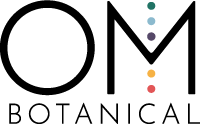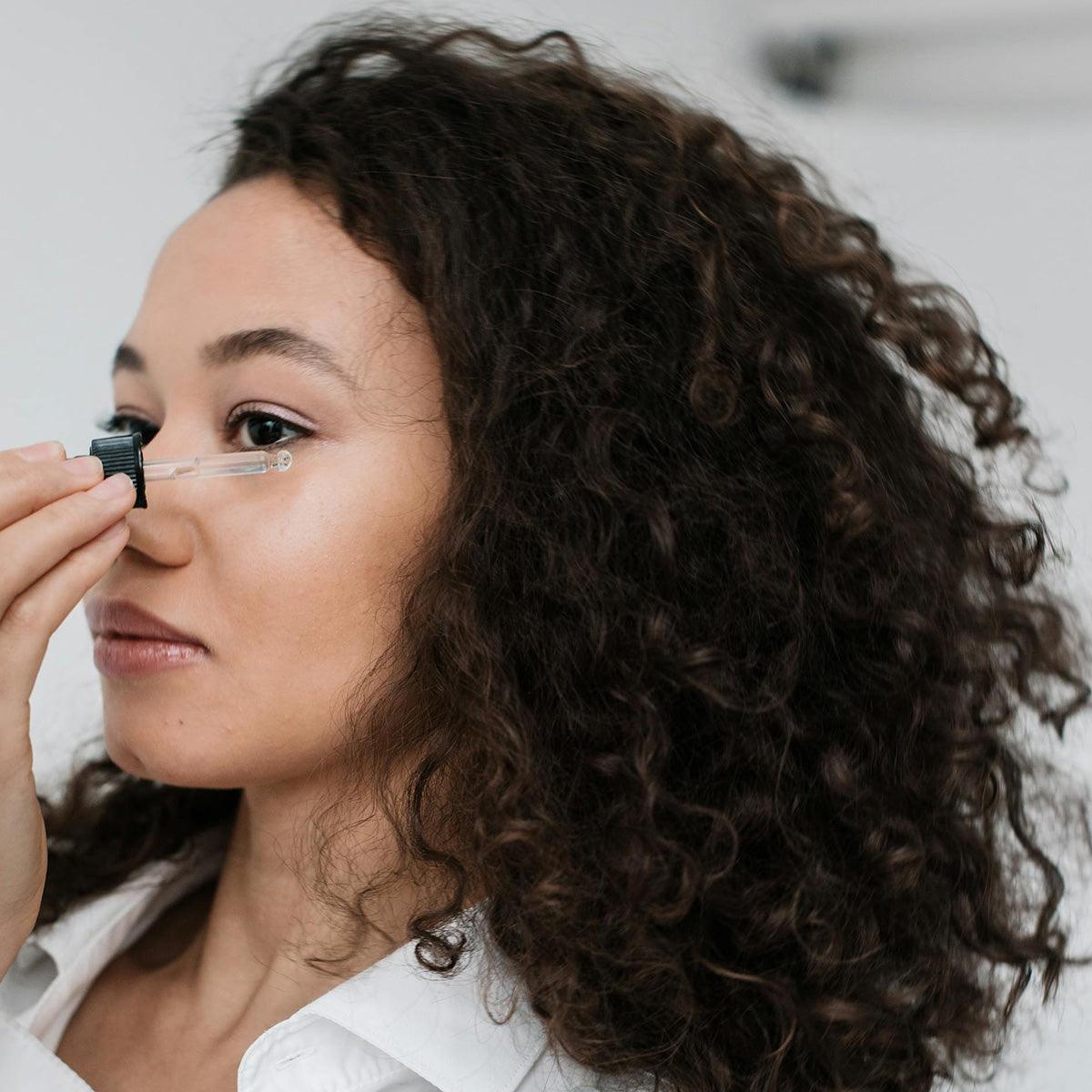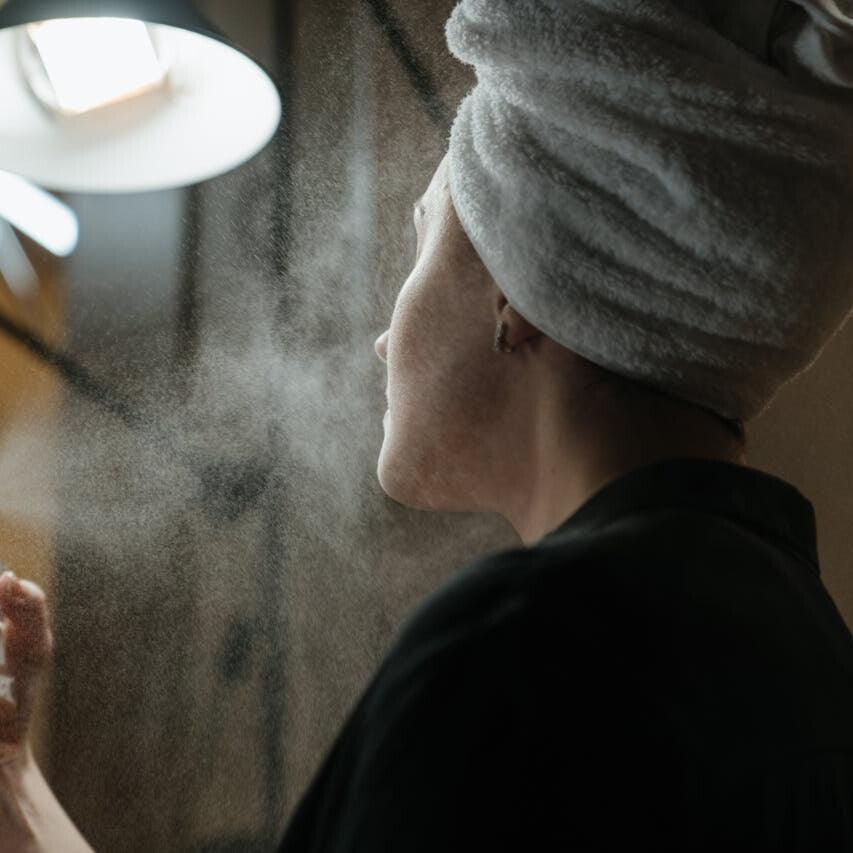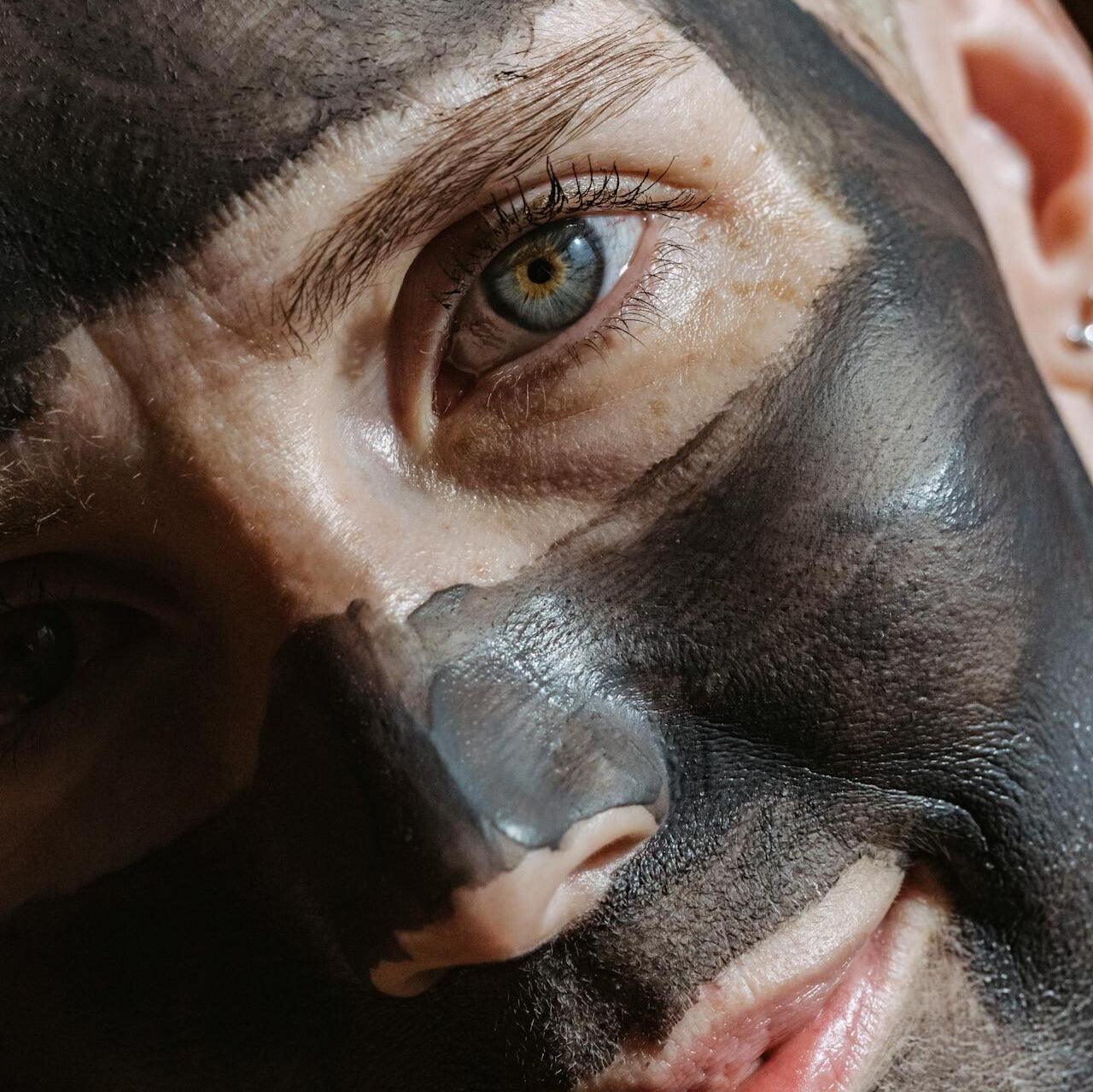Let’s take a moment to appreciate one of skincare’s best-kept secrets: Leuconostoc/Radish Root Ferment Filtrate.
No, it’s not a fancy salad topping—though it is derived from radish and fermented with a strain of lactic acid bacteria commonly found in kimchi (Leuconostoc kimchii). This superstar ingredient offers an elegant, plant-based solution to keeping skincare products safe from spoilage… and your skin safe from synthetic nasties.
Mechanism of Action: How It Works Against Microbial Contamination
The antimicrobial effects of fermented radish root are attributed primarily to:
A. Antimicrobial Peptides (AMPs)
These are short peptide chains with strong cationic charges that allow them to selectively bind to the negatively charged membranes of microbial cells. Once bound, they:
- Disrupt cell membrane integrity
- Cause cytoplasmic leakage
- Inhibit DNA and protein synthesis
- Induce apoptotic cell death in bacteria and fungi
These peptides, often classified as bacteriocins, are selective for pathogenic microorganisms while being well-tolerated by human keratinocytes.
B. Secondary Antimicrobial Metabolites
The fermentation process also produces organic acids (like lactic acid), hydrogen peroxide, and low levels of ethanol, all of which enhance the overall preservation efficacy by:
- Lowering product pH
- Creating oxidative stress for microbes
- Inhibiting metabolic pathways in pathogens
Together, these mechanisms enable broad-spectrum preservation, including:
- Gram-positive bacteria (e.g., Staphylococcus aureus)
- Gram-negative bacteria (e.g., E. coli)
- Yeast and mold (e.g., Candida albicans)
Bonus: These AMPs don’t disrupt the skin’s own microbiota—making them microbiome-friendly, unlike harsh synthetics.
Why It’s a Big Deal in Natural Skincare
Fermented radish root isn’t just a gentle alternative to parabens or phenoxyethanol. It’s a functional botanical preservative that also nourishes skin. Here's why clean beauty formulators (and savvy consumers like you) love it:
✅ Broad-Spectrum Antimicrobial Activity
Effective against a wide range of microorganisms, covering both bacteria and fungi.
✅ Microbiome-Friendly
Preserves the good bacteria on your skin while fighting off the bad—ideal for acne-prone or sensitive skin types.
✅ pH Compatibility
Stable and effective in formulas with a skin-friendly pH range (typically 4.5–6.5), making it a great fit for facial products.
✅ Biodegradable & Sustainable
Made from food-grade radishes and a natural fermentation process—no synthetic waste, no environmental toxicity.
✅ Non-irritating
Studies and clinical experience show it’s unlikely to cause redness, stinging, or sensitization. Great for rosacea, eczema, or sensitive skin users.
INCI Name: What to Look For on the Label
Leuconostoc/Radish Root Ferment Filtrate
It might sound like a mouthful, but when you see this on your ingredient list, you’re in good hands.
Look for it in:
- Natural face creams
- Serums
- Cleansers
- Scalp care
- Baby products
- Microbiome-friendly or Ayurvedic skincare
OM Botanical Products That Use Fermented Radish Root
Because at OM Botanical we are committed to using safe, edible, plant-based preservatives, you'll find fermented radish root in all our aloe vera based products:
Each product is a testament to our belief that safe skincare can also be powerful skincare.
Shelf Life & Storage Tips
Products preserved with fermented radish root typically have a 12–24 month shelf life, depending on formulation and packaging. While not as shelf-stable as petroleum-based preservatives, they’re more than sufficient for everyday consumer use when:
- Stored in a cool, dry place
- Lids are closed tightly after use
- Hands or applicators are clean during application
Pro Tip: If you're storing your skincare in a steamy bathroom, consider keeping sensitive products in a mini skincare fridge.
Real Research, Real Results
-
Study published in the Journal of Microbiology (2012) found that Leuconostoc kimchii-fermented radish exhibited strong antimicrobial effects against Staphylococcus aureus and Listeria monocytogenes.
-
Cosmetic formulators report that fermented radish root can pass challenge tests (a.k.a. microbial stability tests) without needing additional synthetic preservatives.
Why Customers Love It
“I love that I can use OM Botanical products without worrying about hidden chemicals. Fermented radish root sounds weird, but my skin LOVES it!” – Jasmine S., Verified Customer
“My rosacea used to flare up with anything preserved with phenoxyethanol. Since switching to OM Botanical, I haven’t had a single reaction.” – Robert H., Loyal Customer
Final Thought: A Root Worth Celebrating
Fermented radish root isn’t just trendy—it’s transformative. It represents everything clean beauty should be: intelligent, nature-powered, safe, and effective.
Whether you're building a minimalist routine or going full Ayurvedic-glow mode, this humble root’s ferment has your back (and your skin barrier).























